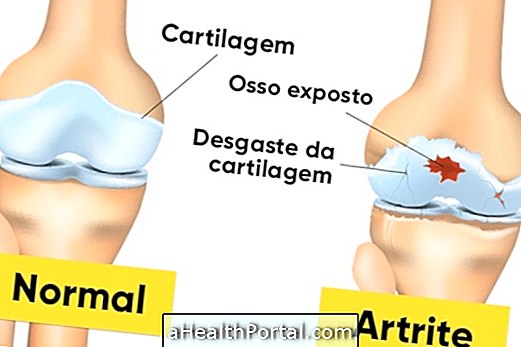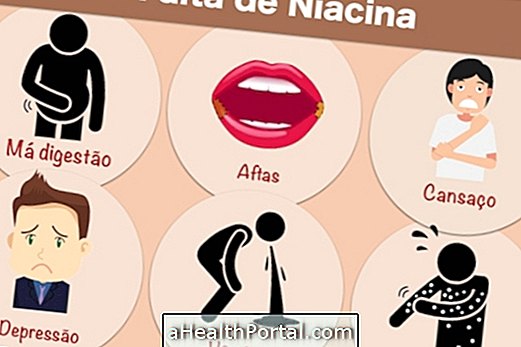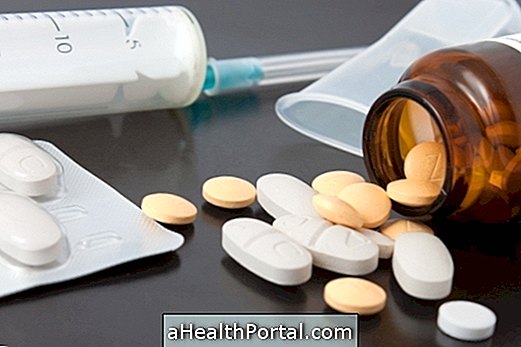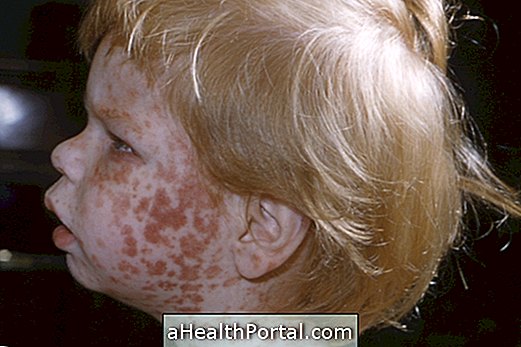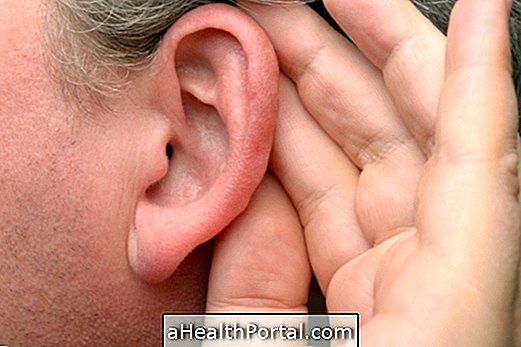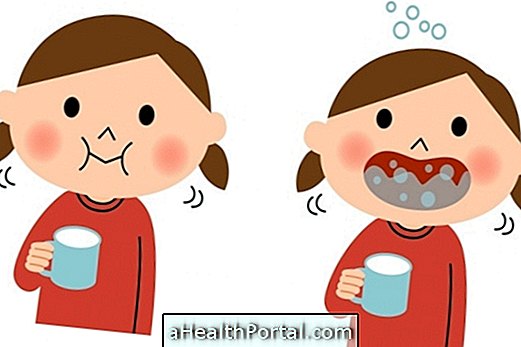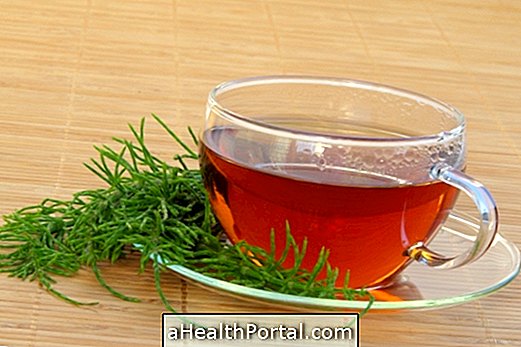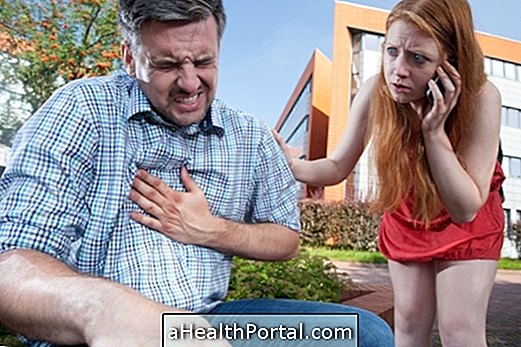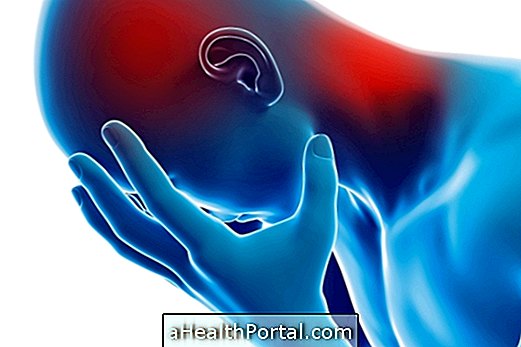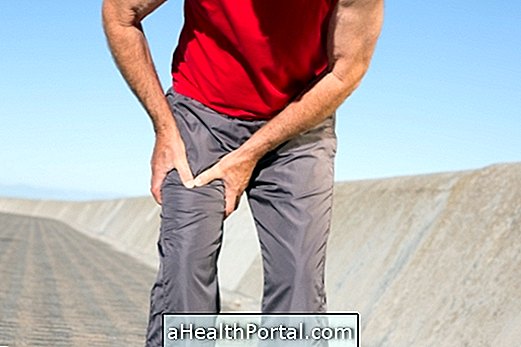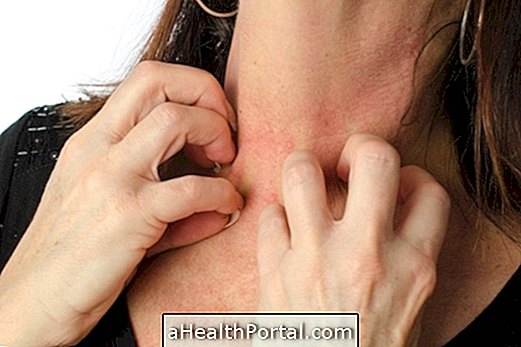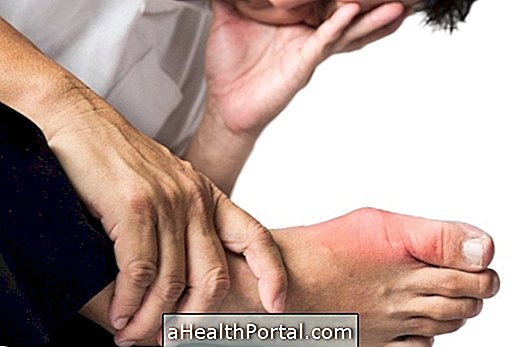Symptoms of angina include chest pain and malaise, which may occur during or after physical exertion, or even at rest, in more severe cases.
Angina can also be described as a pressure or pain in the middle of the chest, which can also affect the left shoulder or radiate to the back, throat, jaw, teeth, or right arm.
Usually angina is triggered by physical exertion, lasts a few minutes and disappears at rest. But it can also arise:
- During sleep;
- After a great meal;
- When walking;
- In a sudden change in temperature or
- During a period of stress.
The symptoms of angina are more common after age 40 and are usually related to the accumulation of fat plaques inside the arteries, which impairs the functioning of the heart.
When observing these symptoms what is recommended to do is to make an appointment with a cardiologist so that it asks for examinations that evaluate the function of the heart.
Treatment for angina
The treatment for angina is the elimination of its causes and may include the taking of medications prescribed by the cardiologist and new habits of life, such as eating properly and practicing some type of physical activity.
Properly following the treatment for angina is important to prevent an infarction, which can lead to death.
Useful link:
- Home remedy for angina
